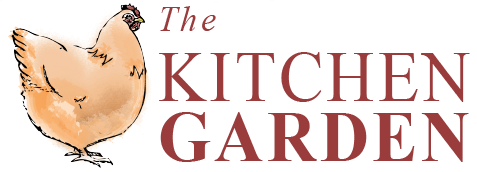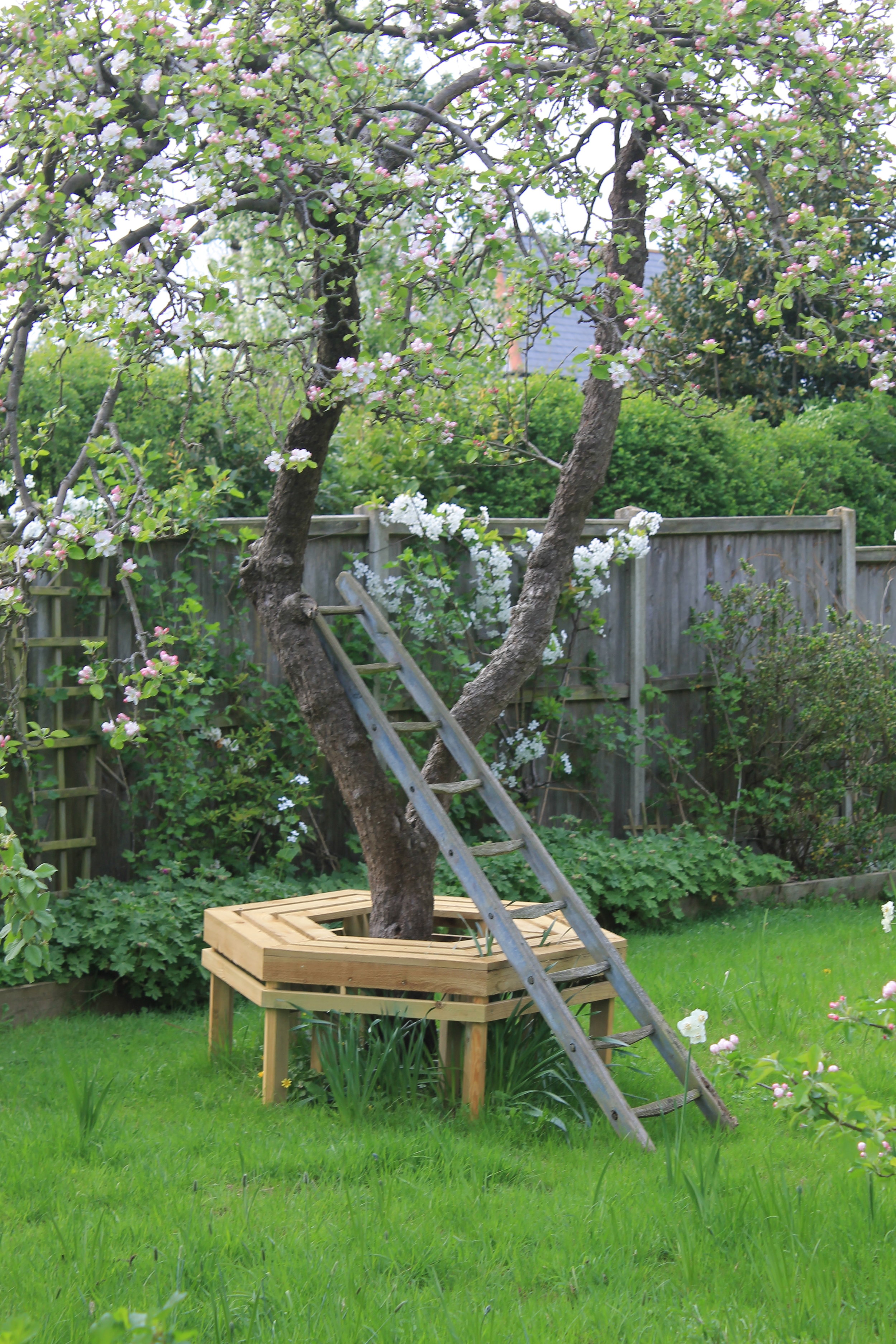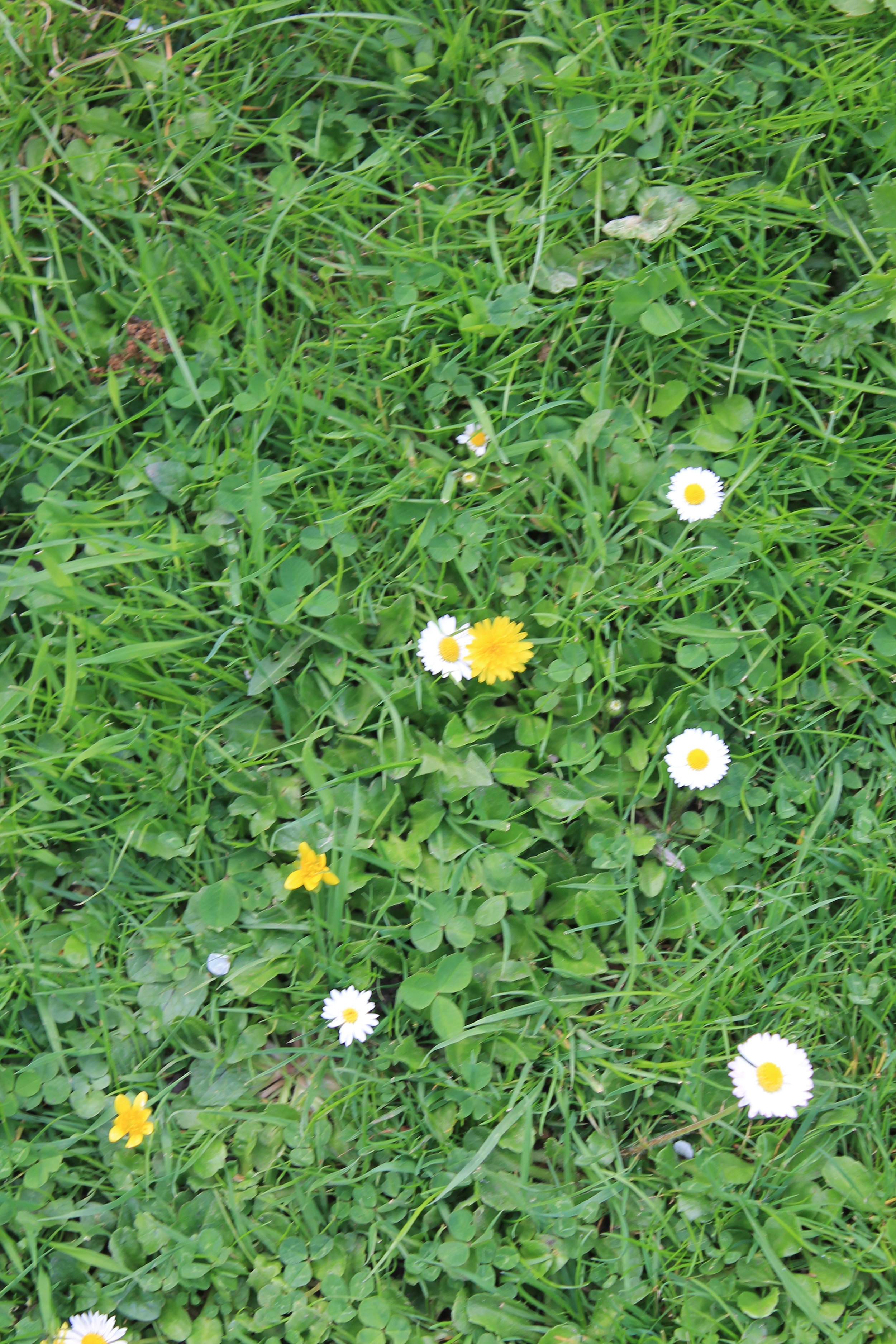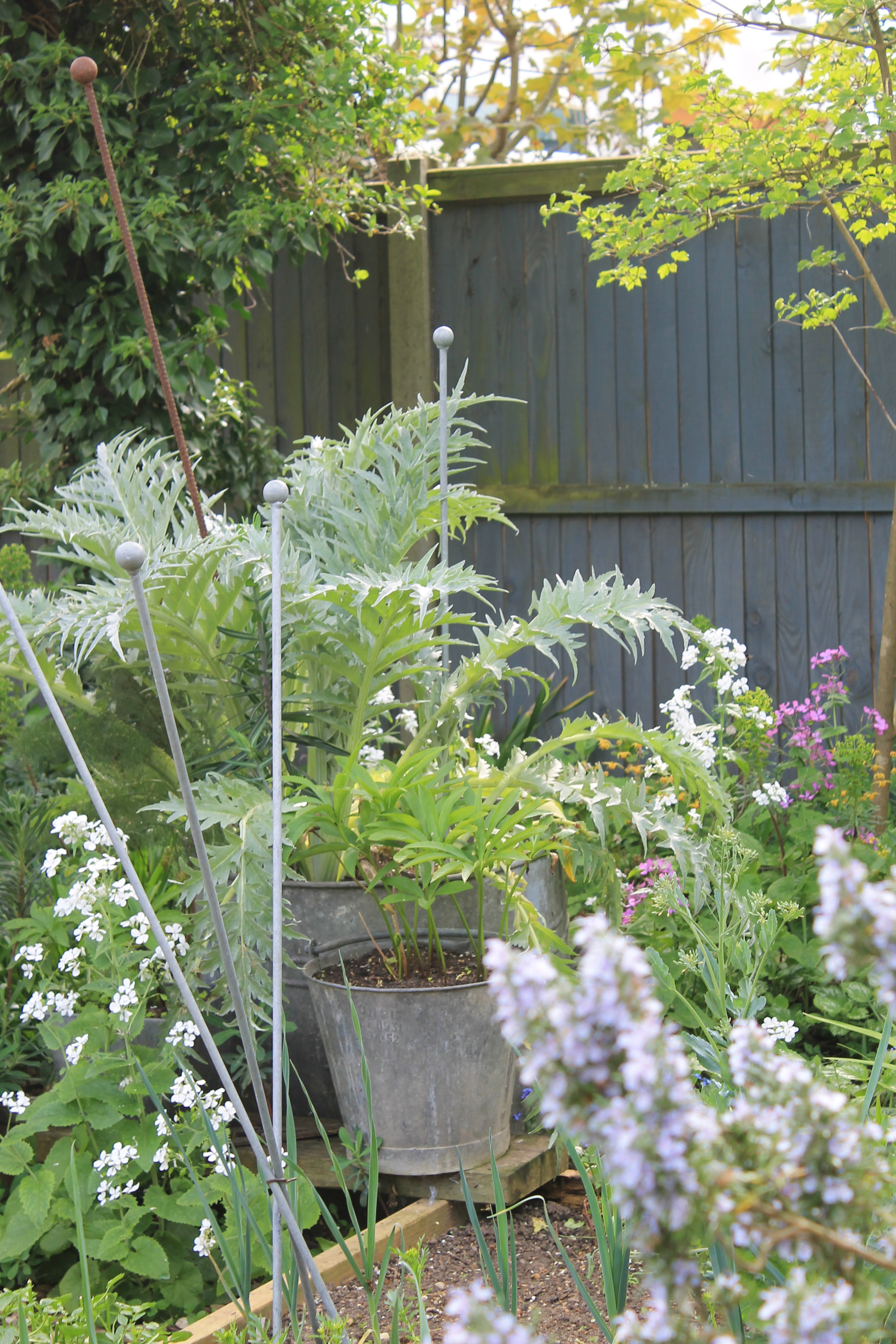This year all the blossom here has flowered in one gorgeous go: greengage and damson followed apricot, and then without drawing breath, were swiftly followed by cherry, pear, apple and quince. The pollinating insects have had a field day. We gardeners are pollinators most important defenders, especially if we fill our gardens with nectar and pollen-rich flowers throughout the year.
If we want to grow our own fruit and veg on any scale, we all need beneficial insects to fertilize our plants to produce fruit and seeds. The past half century has seen a decline in the number of insects that visit our garden plants, feeding on pollen and nectar, especially bumblebees (so useful to kickstart early fruit blossom), solitary bees, hoverflies, butterflies, moths and pollen beetles.
Keeping honeybees may be one solution to this problem, but encouraging insects generally is another option. People often worry that a wildlife garden may be an untidy one. Not so: virtually any garden can be turned into a haven by providing just three elements – water, food and shelter. It’s well worth the effort to think about beneficial insects when you’re planning and planting every year.
Friends of the Earth are doing a Great British Bee Count from May 17th - June 30th. Register on www.greatbritishbeecount.co.uk and count the bees in your garden.



